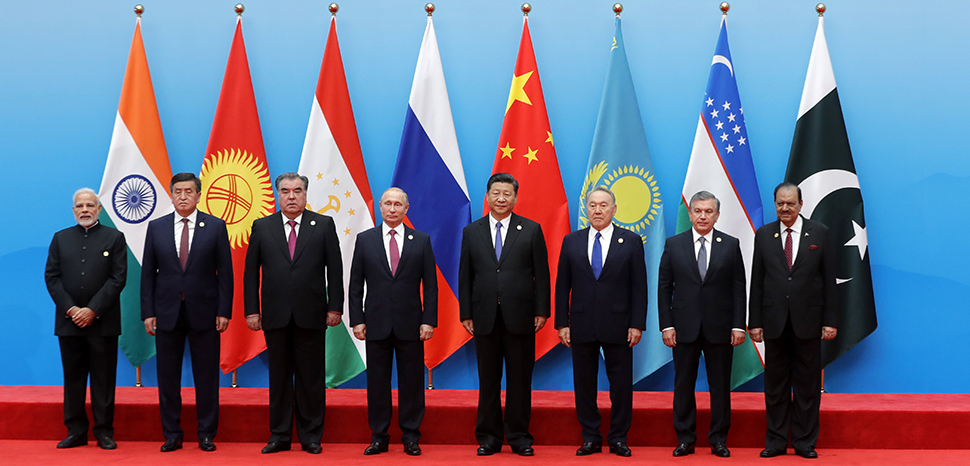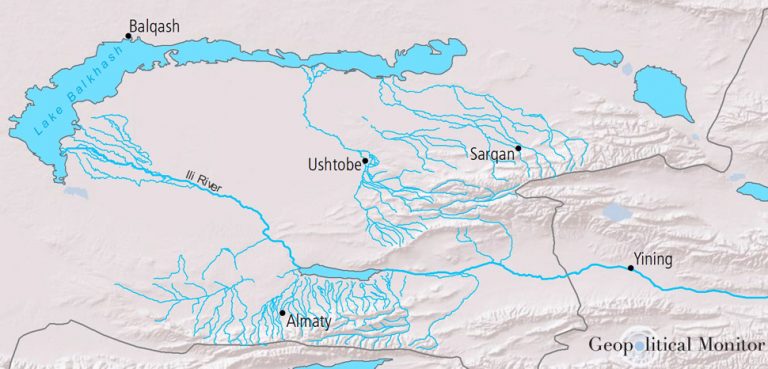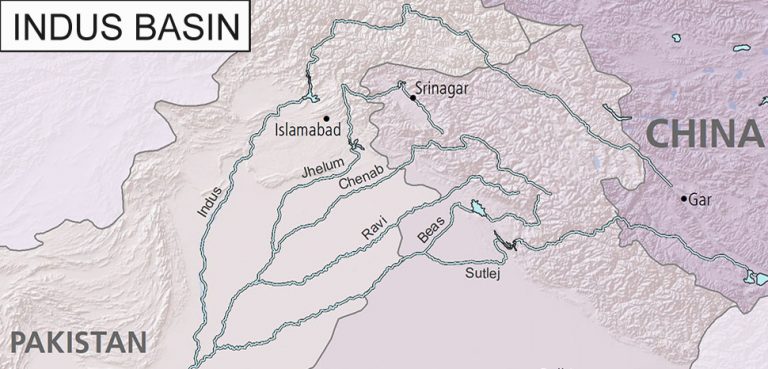Established in 2001, the Shanghai Cooperation Organization (SCO) has evolved into a significant regional organization in Eurasia, attracting increasing attention from both member states and observers worldwide. This backgrounder seeks to offer an in-depth understanding of the SCO’s history, its strategic motives, and the trends that have emerged over time, while also examining its role and relevance in contemporary geopolitics.
Brief History of the Shanghai Cooperation Organization
The SCO was founded by China, Russia, Kazakhstan, Kyrgyzstan, Tajikistan, and Uzbekistan in June 2001. The organization initially emerged from the Shanghai Five, which was formed in 1996 with the aim of demilitarizing the common borders of its members following the disintegration of the Soviet Union. Over time, the organization has grown, incorporating India, Pakistan, and Iran as full members, in addition to multiple observer and dialogue partners like Afghanistan, Belarus, and Mongolia, among others.
A key driving force of the SCO’s growth has been in response to the enlargement of Western institutions like NATO and the EU. The increasing great power competition between the West and countries like China and Russia has driven these nations to establish and enlarge regional platforms like the SCO without requiring a common doctrine that impedes sovereignty.




